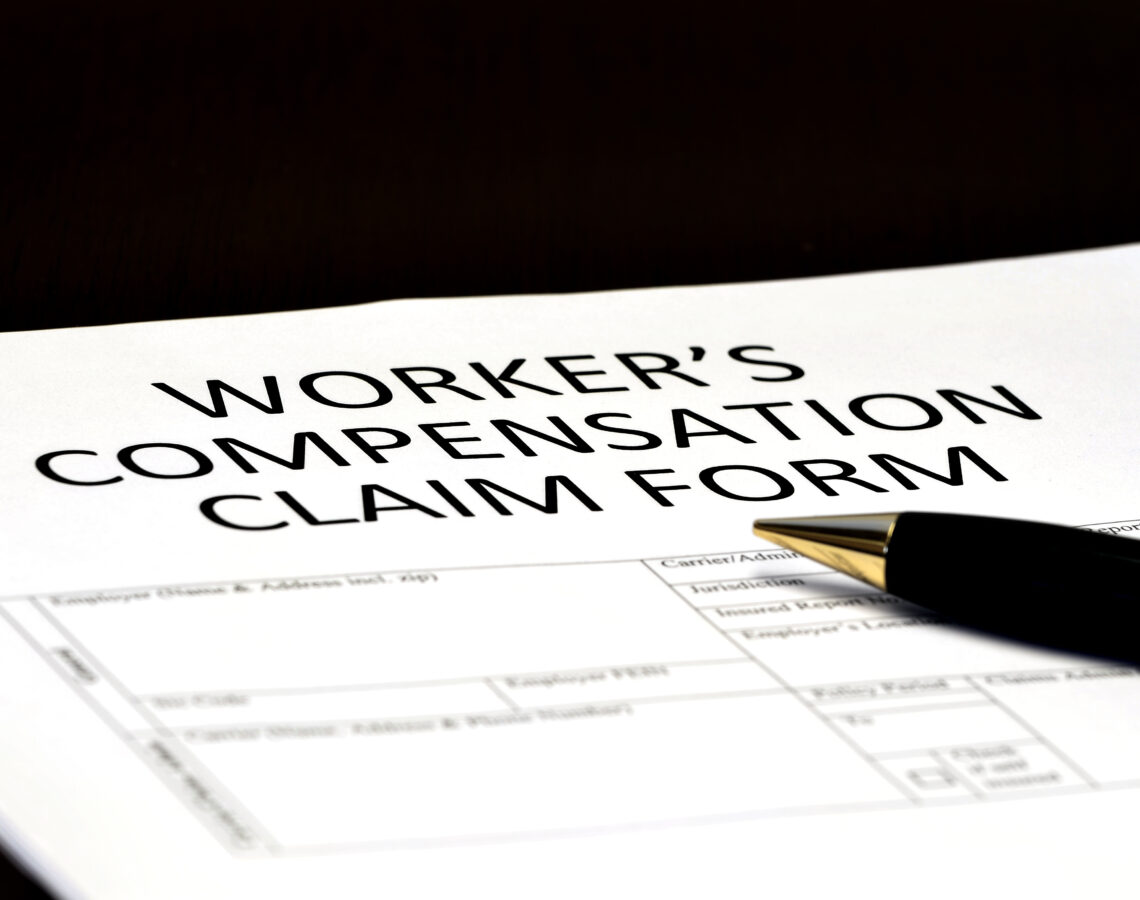Denied Workers’ Comp Claims

Employees who suffered an injury or illness on the job can receive workers’ compensation insurance benefits. The insurance company handling worker’s compensation covers the cost of workplace injuries by providing financial assistance for lost income, medical expenses, and other related costs associated with the incident. In some cases, the insurance may deny workers’ compensation claims, leaving employees without the help they need.
Nevertheless, if you received a denial of your workers’ compensation claim, you may appeal the decision through your state’s board of worker’s compensation. For workers already dealing with the impact of their injury, a denied claim can frustrate you.
A claim may receive a denial for various reasons, and appealing a denial may involve filing complex forms on time and having your case heard before a judge. With the help of an experienced Jeffersonville workers’ compensation attorney, workers injured by a legitimate work-related activity can get the compensation they need and deserve.
Common Reasons for Workers’ Comp Denials
If your workers’ compensation claim gets denied, the first step you should take is to determine the reason why. Understanding these reasons can help avoid the risks of making a mistake and help protect your rights. Although the denial often results from something simple to correct, in some cases, the rejection is more complex and will require extensive legal heavy lifting to fix. Still, if you believe the insurer denied you in error, you can appeal the decision with the help of quality legal representation.
The most frequent reasons an insurance company might deny a workers’ compensation claim include:
Failure to Report Your Injury When It Happened
Workers’ comp may deny your claim when you fail or forget to report the injury on time. In the insurance company’s opinion, the injury might have happened outside of work or some other disqualifying reason if there was no official report when it occurred. Immediately after you suffer an injury at work, report the incident.
Discrepancies Between the Initial Medical Report and the Accident Report
Inconsistencies between the initial physician’s medical report and what the claim says may cause a suspicious insurance company to deny your claim.
For instance, an insurer might view your accident report as inconsistent if you claim you had an on-the-job concussion, but a specialist finds no injury or symptoms consistent with such an injury.
Failure to File Your Claim on Time
Once you notify your employer of your work-related injury, file a workers’ comp claim with the state workers’ comp agency. In most states, the deadlines to file a workers’ compensation claim range from one to three years after the injury. Failure to file on time may result in a denial.
However, exceptions to this rule may include other extenuating circumstances, such as an injured worker’s lack of knowledge or an employer misleading an employee about workers’ compensation law, which may extend the deadline.
Other deadlines apply to each stage of the process, and having an attorney who knows the process can complete your claim accurately and on time.
You Didn’t Receive Proper Medical Treatment From an Authorized Healthcare Provider
Failure to seek proper and immediate medical attention after an injury can lead to a claim denial. The insurance company may believe you’re falsifying your claim if you didn’t receive medical care commensurate with what you reported. They might also argue that the injury was less serious than you claim if you delayed treatment.
Additionally, you may need to obtain treatment from a specific healthcare provider approved by your employer and their workers’ compensation insurer.
If you go to a hospital or doctor not approved by the carrier, you might receive no coverage of treatment costs.
The only exception is if you require emergency medical attention. In this case, visit your nearest emergency room as soon as possible. To protect yourself, seek medical care immediately from a qualified workers’ compensation physician.
The Cause of Your Injury Is From a Pre-existing Condition
Claims are often denied if you have a pre-existing condition or non-work-related injury. The insurance company or your employer will likely aggressively fight to prove that the injury was caused by an incident that was not work-related or due to a proper condition. They still might deny your claim even if an existing condition aggravates your new injury.
You Suffered Injuries While Under the Influence
If you suffered an injury at work while under the influence of drugs or alcohol, it can invalidate your claim. Following a workplace injury, most employers require an immediate drug and alcohol test. If the insurance company can prove you suffered an injury while intoxicated, it will generally issue a denial.
Not Completing Paperwork Fully and Accurately
Filling out all required forms completely and accurately is imperative. You must present all details, facts, and reports about your injury and refrain from leaving any pertinent information out.
Failure to provide requested documents, submitting incomplete medical records, or inconsistent statements about the injury can result in claim denial. Although the accuracy of paperwork and compliance with deadlines does not guarantee the success of your claim, it will reduce the chances of a claim delay or denial.
Was Your Workers’ Comp Claim Denied? Here’s What You Should Do
Once you know why your claim was denied, an attorney can establish a solid appeal case to reestablish your benefits. You can file an appeal with either the workers’ compensation commission or a similar agency your state may have.
You may appeal the commission’s decision if they also deny your claim. You should find the deadline for filing your appeal in the denial letter. Consult a workers’ comp attorney ready to fight for the benefits you deserve.

Contact a Workers’ Compensation Attorney for Help With Your Appeal
When facing a workers’ compensation claim dispute, navigating the process can be confusing. An attorney can assist with any part of this complicated process by providing legal advice, collecting evidence, and filing appeals and other paperwork.
If workers’ compensation denies your claim, working with an attorney can increase your chances of receiving the benefits you deserve. Contact a law firm near you for a free consultation today.

